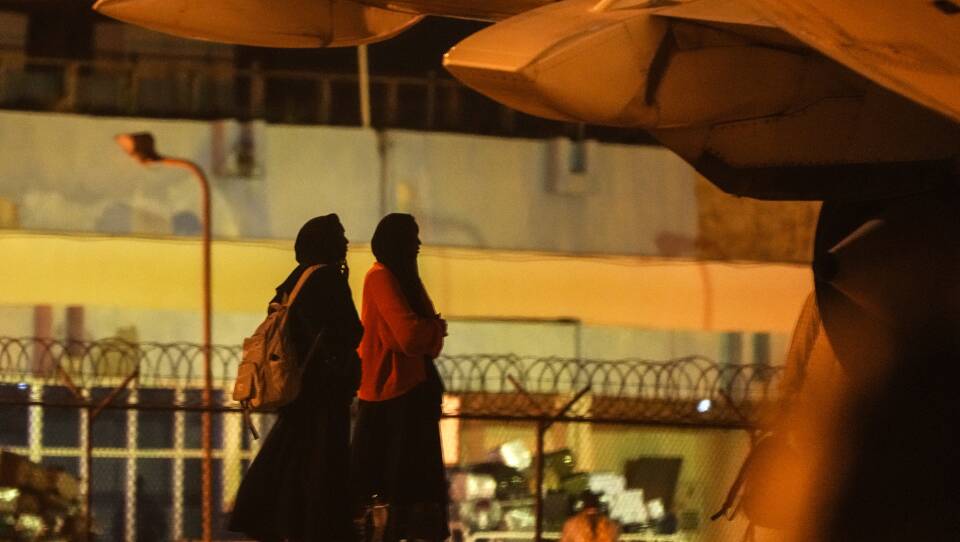Civilians are at risk in Sudan after fighting broke out between two military factions five weeks ago. Military and paramilitary forces are clashing under the orders of two prominent generals , with much of the fighting taking place in the country’s capital, Khartoum. Estimates put the number of deaths at more than 800 people , with thousands more injured and hundreds of thousands displaced.
“This is a very sad situation. It affects us emotionally and physically. It’s so bad we lost people, we lost connection. It’s just like flashback. We lived this situation before. They have no food. The bullet is over their head. They are so scared. We have people without education, elderly people, disabled people, pregnant women, kids and all that is so much,” said Samia Komi, a Sudanese native who moved to Massachusetts in 2003.
Komi expressed her feelings about the war in Sudan on Boston Public Radio Wednesday with her daughter, Omnia Fadelelsaid, and Amal Amon, who came to Massachusetts 23 years ago. A Sudanese civil war, from the 1980s up to 2005, prompted the women to leave.
But leaving the country was not an easy choice. Family members stayed behind — Fadelelsaid said that, just on her mom’s side, more than 70 family members are still in the country. “For us, that is a lot and it carries a lot for us here because to hear what’s going on, because they’re in every part of the country,” she said.
“I call my sister,” Amon said. “Sometimes the line is open, sometimes it’s off. Sometimes it’s really hard to call them and see how they’re doing and all those things. ... They’re putting their hope in God. They have a hard time with food and money and medicine.”
She feels that the United States is not taking the war seriously. She recalled the conflict that she lived through, with the Second Sudanese Civil War still raging when she left the country more than two decades ago.
“For my view, I don’t see anything being done,” she said. “War is not an easy thing. Even my life, when I grew up, I’ve been in the war. You have to run every day for your life. And I hope United States, they will look at it. ... We are suffering for many years. I hope they will help.”
The United States announced Tuesday that it would be sending $245 million to Sudan and neighboring countries to “respond to the new needs arising from the current conflict.”
“We want to speak out and make sure that the right voices hear us, especially here people in America. Whatever they can do,” Fadelelsaid added. “Even whoever is hearing us right now that is able to do something, to push, to put a little bit more pressure on the American government to get help, or put a little bit more pressure on our government to cease fire so all of the civilians can get relocated to an area that’s not a war zone. That is all we want right now.”
Fadelelsaid has also started a campaign on GoFundMe for her family members in Sudan.
The three women are passionate to help their community back in Sudan. Komi blamed government corruption and the war for making it difficult for people to live their lives.
“People, lovely people. They have hopes, they have dreams. They want to go to school,” Komi said.
“Sudan is a great country,” Amon said. “We’re kind to one another.”





